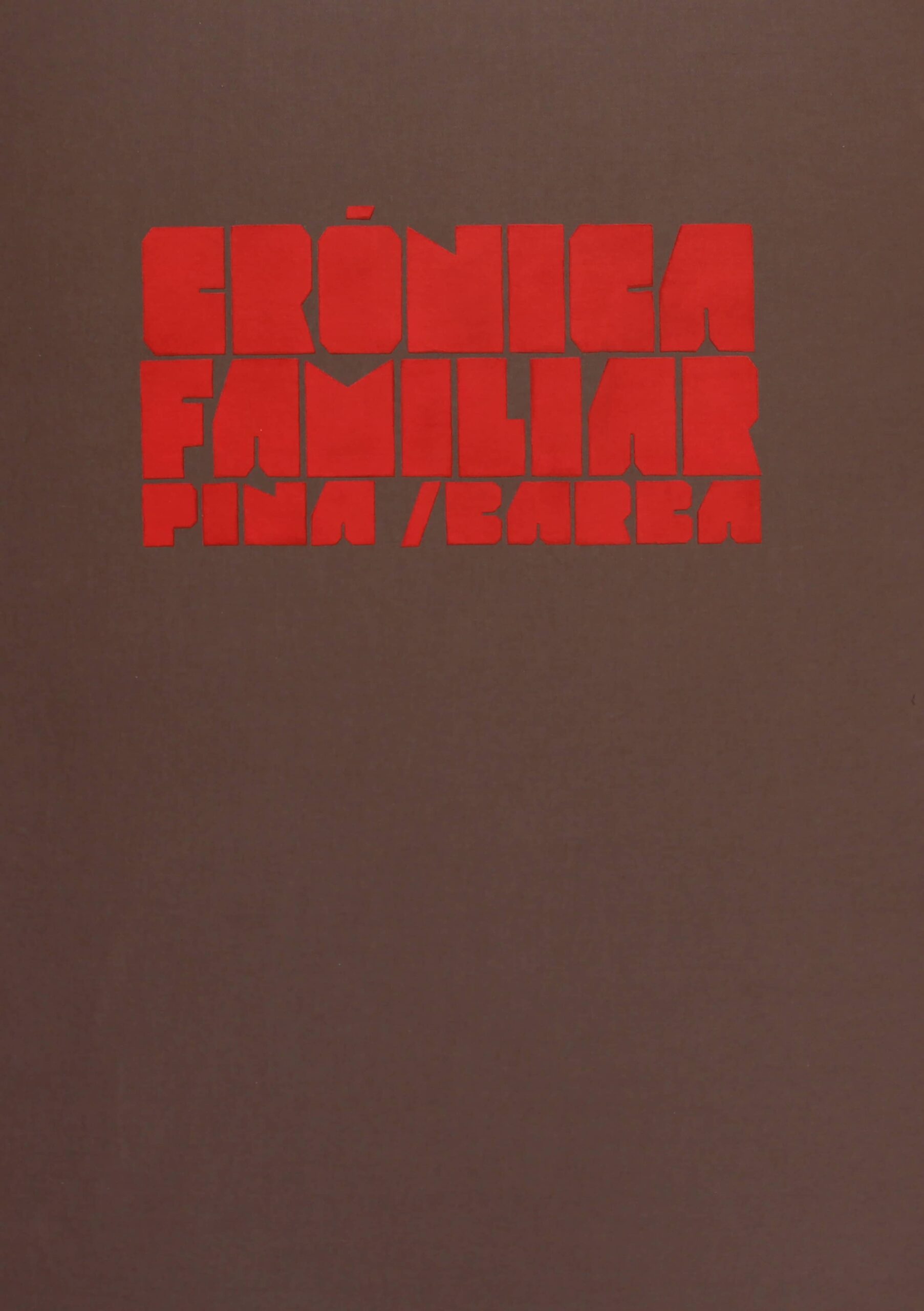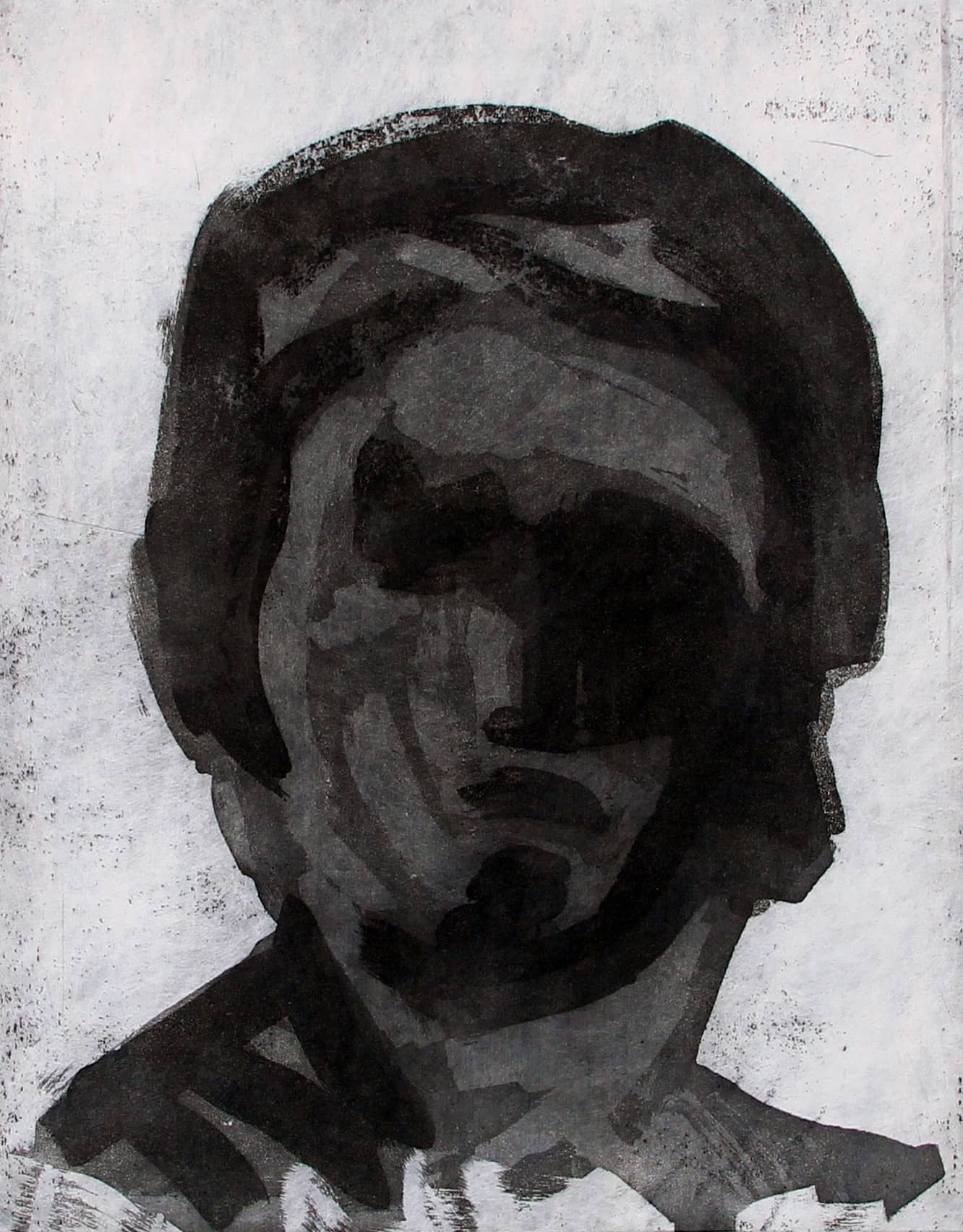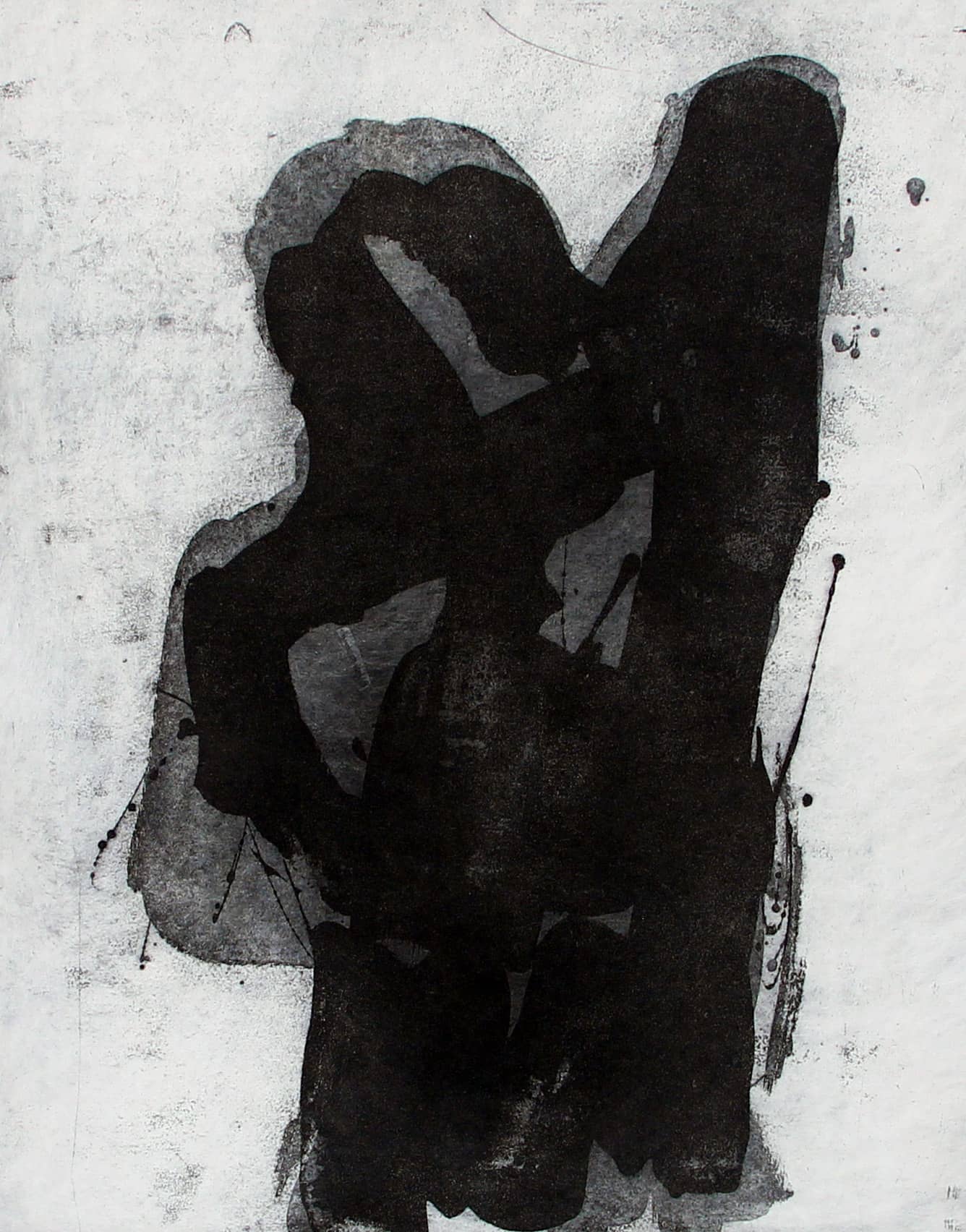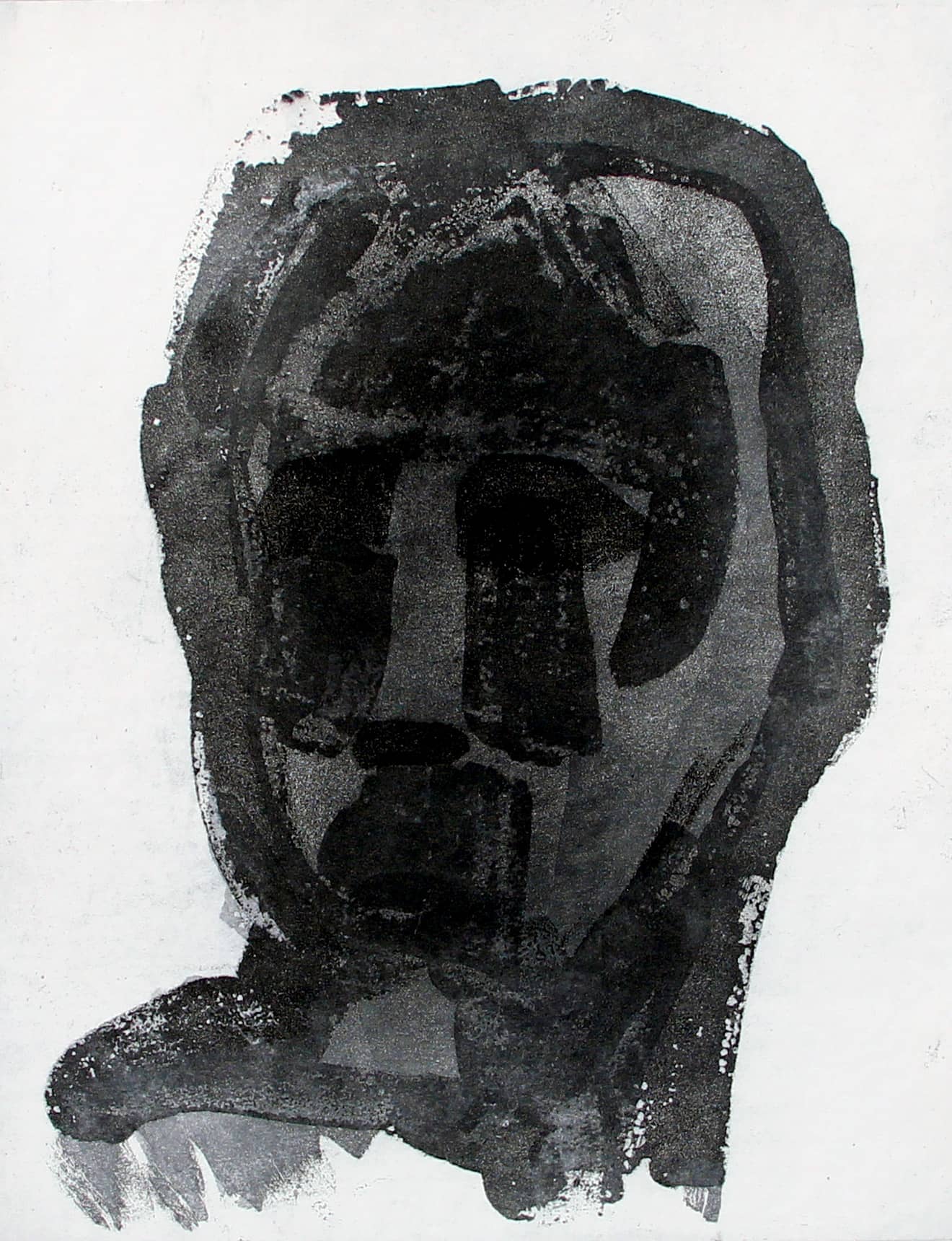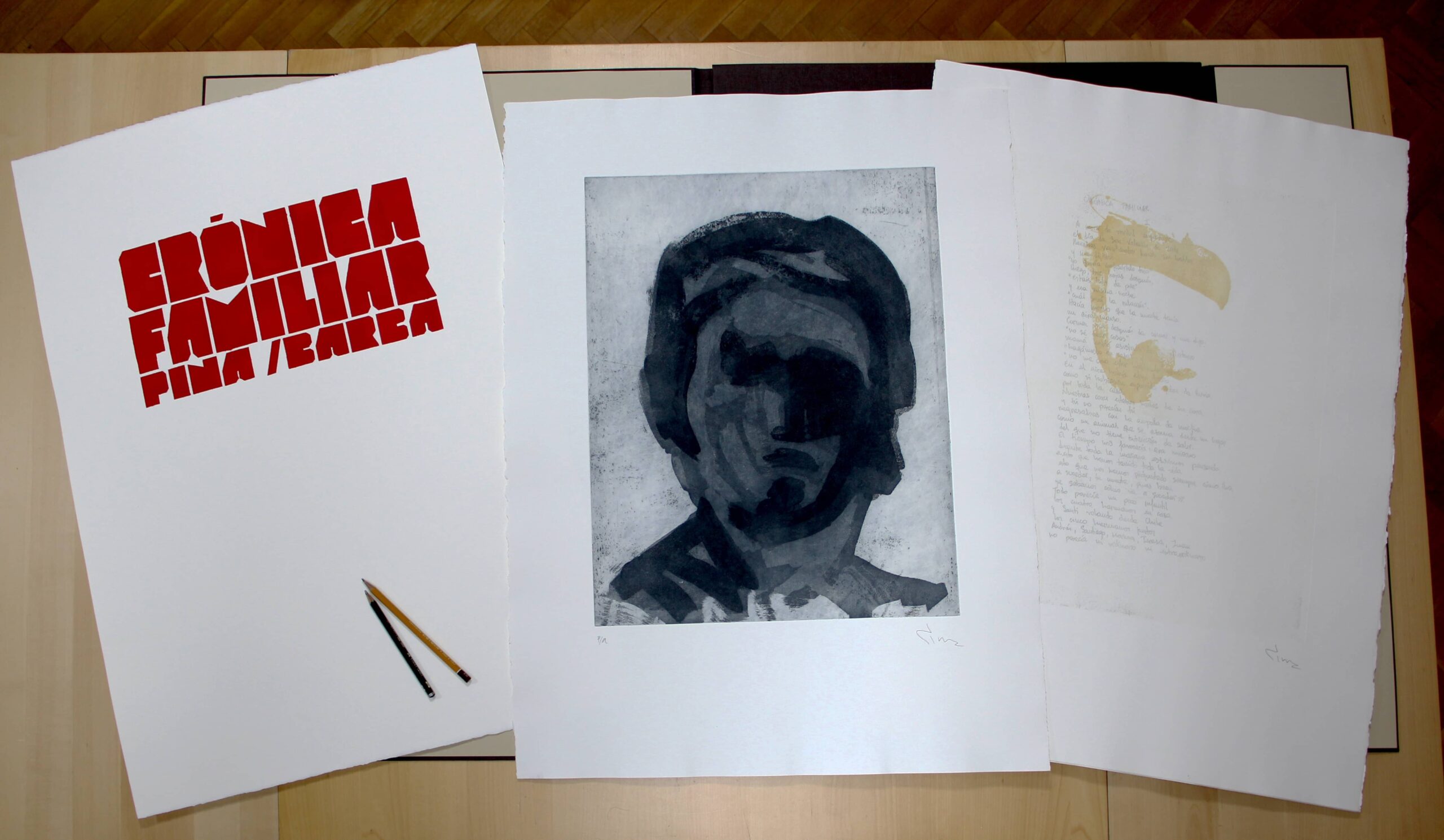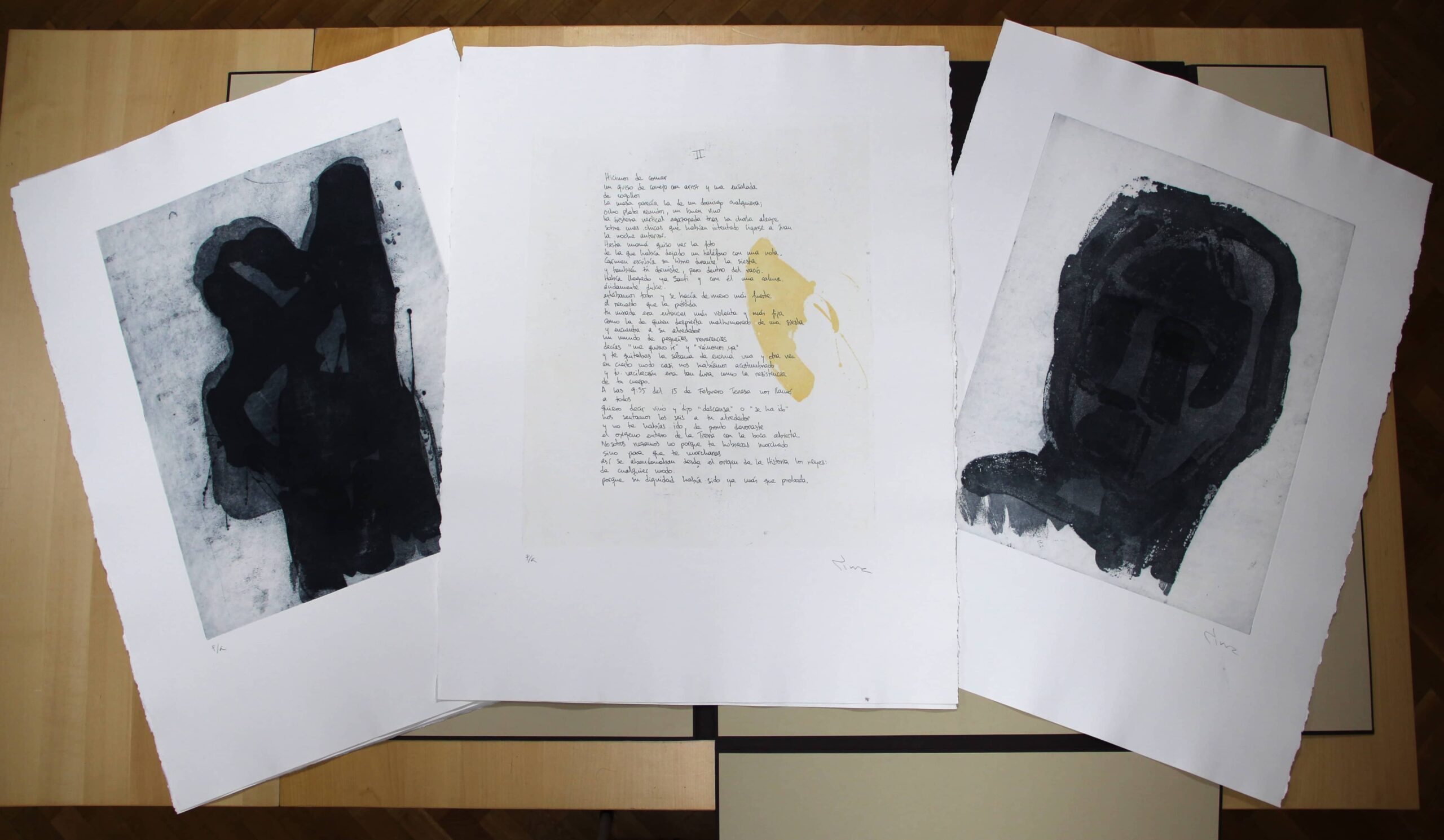FAMILY CHRONICLE
Cover and engravings ▲
Folder ▲
ABOUT FAMILY CHRONICLE
Both those who arrive and those who depart leave traces. The trace is, above all, the confirmation of a presence. Even more, of a presence with a weight, the incontestable certainty that someone has been among us. When Defoe wanted to strike at the center of the solitude of his Robinson Crusoe, he was forced to find the imprint of a bare foot on the shore, the imprint of a single foot, a hypnotic image.
An engraving is also an imprint caused by a weight. The first time I went into Alberto Pina’s studio and he showed me how a press worked, I was so fascinated that every two or three months I asked him to let me help him sometime. Life always ended up taking us both somewhere else, but during a visit to the Reina Sofia a few months after my father’s death, Carmen Cáceres came up with this project. There is something especially moving about projects suggested or devised by others, especially if they are people who love us. It is as if they were unexpected gifts, as if true artistic production came about naturally in a world of communicating vessels. The project was to make together with Alberto a unique object, a minimal series of engravings with the poem I wrote during the weekend of my father’s death and which I had entitled “Crónica familiar” (Family Chronicle).
On February 13, while I was accompanying her out of my parents’ house, the doctor who used to take care of him told me to start arranging everything necessary because my father was going to die “for sure” that same weekend. The next day I wrote in a notebook the title of the poem “Crónica familiar” and the first lines: To really die/ you started on Valentine’s Day 2014. My father was still alive, he was in the next room. I felt I had to do that, literally: a chronicle. A chronicle in the same way that men had chronicled since the origin of civilization to certify that they were present, that whatever happened happened. And that was how, little by little, I wrote the poem. We would finish lunch, I would go to the room and write the verses about the lunch, my mother would say something to my father and the same thing, my brother would arrive by plane from Chile and I would write it down. I wrote the last verses three hours after his death, sitting next to him. It doesn’t make much sense here to discuss whether the poem is better or worse but I am too aware of the amount of work that a literary text usually requires for me not to be astonished at myself for having written this text at the first attempt and in a state that was far from calm. I do not attribute it to talent but to that strange precision of the mind in critical moments, like someone who in an extreme situation makes an incredible leap or lifts a superhuman weight.
Alberto Pina has not only taken on the project with all the capacity of his unquestionable talent but also with the true love of a friend. And there is nothing like working with a friend, creating with a friend. The result of the sum of one plus one is rarely two.
Andrés Barba
“I thought of the majesty of that tiny gesture
in the thickness of your flesh
and when you finally stopped breathing it was like watching
your body repeated, young, enormous,
your hand the size of my breast,
the body that seduced, your discretion, your silence,
your secrets, a boy who advanced
down a wide street without sidewalks
self-assured,
corresponded,
and then a gap-toothed boy
in front of a school map,
and I thought that child was you
-my father-
that everything was already over but that gesture
was there to remain.”
Andrés Barba
Family Chronicle (2014)
Cover with stencil and seven original etching engravings on zinc plates 500 x 400 mm printed on 760 x 560 mm etching paper of 250 gr. of 760 x 560 mm in 1 and 2 inks in a run of 15 numbered copies, 2 author’s proofs and 1 b.a.t.
Folder dimensions: 780 x 580 x 20 mm (open: 1140 x 1340 mm)
3.000 € (VAT 4% not included)

